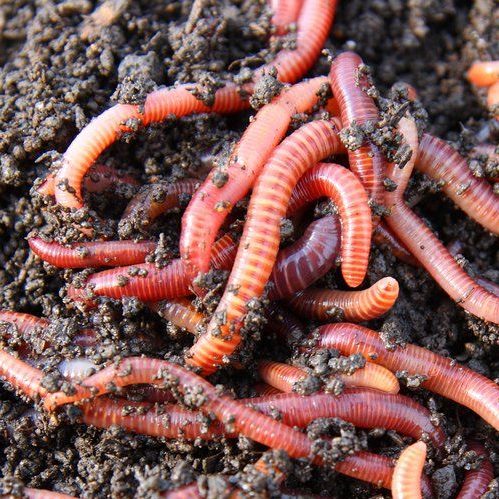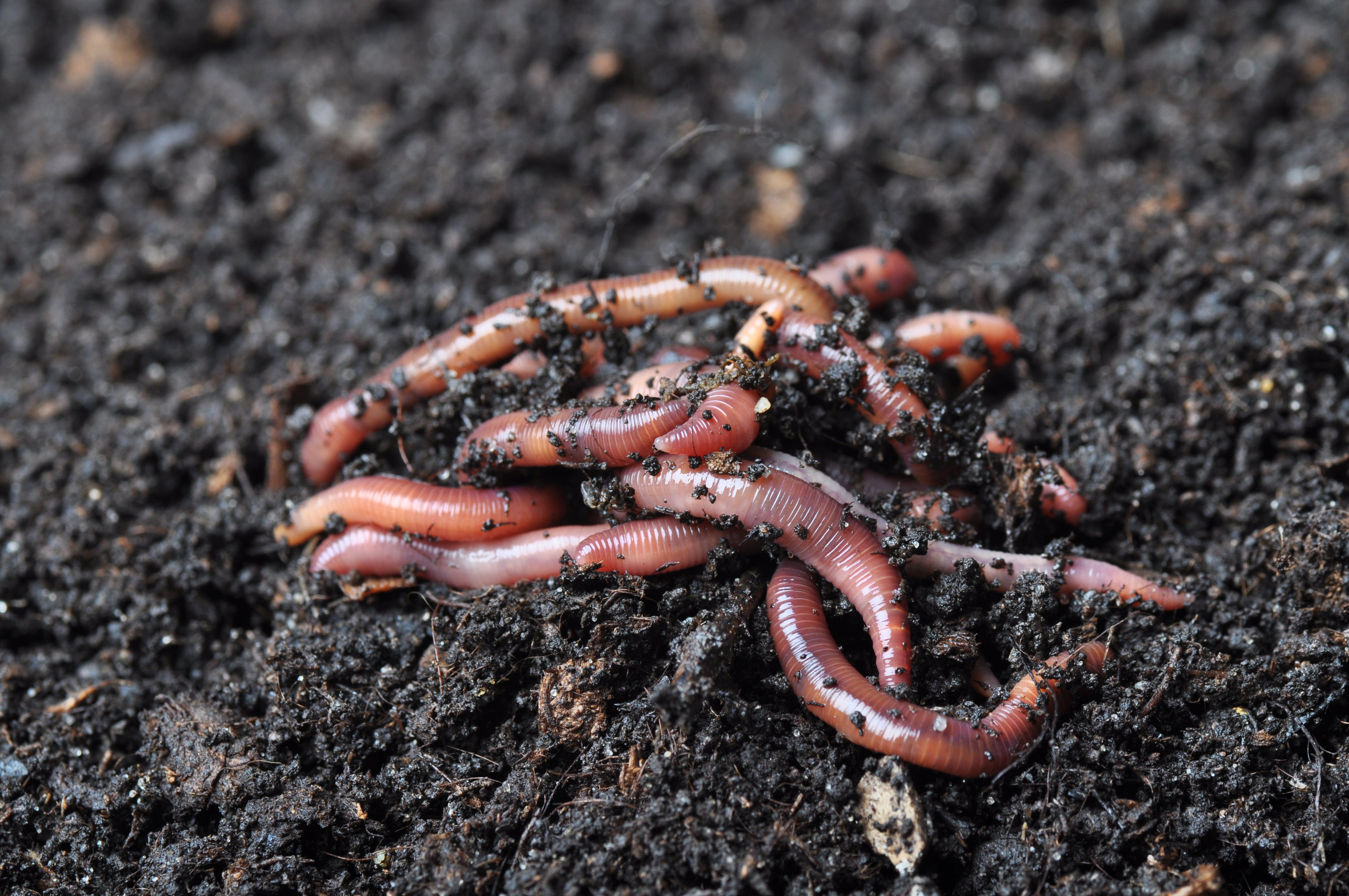Red Wiggler Express: A Preferred Name for Worms and Supplies
Red Wiggler Express: A Preferred Name for Worms and Supplies
Blog Article
The Extraordinary World of Red Wigglers: Increase Your Dirt Fertility Today
These little yet reliable microorganisms transform organic waste into useful worm spreadings, considerably improving dirt health and wellness and promoting lasting practices. As we discover the benefits of vermicomposting and the practical steps to create an effective worm container, the potential influence of these worms on your gardening success ends up being significantly evident.
Comprehending Red Wigglers
Red wigglers, medically called Eisenia fetida, are a varieties of earthworm that play an essential duty in improving soil fertility. These worms grow in organic-rich atmospheres, such as compost heap and rotting plant material, where they take in natural waste and secrete nutrient-dense spreadings. Their special anatomy, featuring a segmented body and a clitellum, permits them to recreate rapidly and efficiently process huge quantities of natural issue.

The ecological significance of red wigglers prolongs beyond plain waste processing; they add to the soil food internet, cultivating a varied community of microorganisms that better enhance dirt wellness. Comprehending the biology and actions of red wigglers is essential for utilizing their full potential in sustainable farming and gardening methods.
Advantages of Vermicomposting
(Red Wiggler Express)Using the power of red wigglers with vermicomposting deals many benefits that substantially boost dirt health and fertility. Among the key advantages is the production of nutrient-rich worm spreadings, which are a superb all-natural plant food. Red Wiggler Express. These castings consist of vital nutrients like nitrogen, phosphorus, and potassium, promoting durable plant development and improving plant yields
The presence of worm spreadings enhances soil texture, permitting for much better water retention and drainage. Red wigglers help damage down organic issue, speeding up decay and recycling nutrients back into the soil.
Vermicomposting likewise fosters microbial activity, which is vital for a healthy and balanced dirt ecosystem. Beneficial microbes prosper in the existence of worm castings, helping in the break down of organic products and improving nutrition schedule to plants.
Finally, vermicomposting acts as an efficient waste administration option, decreasing land fill waste by recycling kitchen scraps and other organic products. This not only adds to his comment is here ecological sustainability but also promotes a circular economic situation within horticulture and agriculture.
How to Establish a Worm Bin
Establishing a worm bin is a straightforward process that can substantially enhance your composting efforts. Begin by picking an ideal container, which can range from a readily offered worm container to a basic plastic or wood box (Red Wiggler Express). Make certain the container has ample ventilation; tiny openings in the lid and sides will help with air flow
Following, develop a bedding layer to supply a comfy setting for the red wigglers. This can be made from shredded paper, cardboard, or coconut coir, moistened to a damp, sponge-like consistency. Load the bin to around one-third complete with this bedding product.
Once the bed linens is prepared, it's time to introduce the worms. Red wigglers flourish in natural waste, so place them carefully onto the bedding. Cover the worms with a light layer of additional bed linen to aid them adapt.
Feeding Your Red Wigglers
Providing the best food for your red wigglers is vital for their health and wellness and the performance of your composting system. Red wigglers prosper on a different diet regimen, largely containing natural materials such as vegetables and fruit scraps, coffee grounds, and shredded paper. These products not just provide crucial nutrients but likewise add to the microbial task in the worm bin, which is critical for the worms' food digestion.
It is very important to avoid specific foods, such as dairy products, oils, and meats, as these can draw in insects and produce undesirable odors. Furthermore, citrus peels and extremely hot foods should be limited due to their potential to damage the worms. A well balanced technique to feeding involves keeping track of the quantity of food introduced to the container, ensuring that it is taken in within an affordable time structure to protect against excess waste buildup.
To promote optimal food digestion, it is advantageous to chop or shred bigger food things prior to adding them to the container. This practice raises the area for microbial activity, assisting in quicker decay and enhancing the general efficiency of your composting system. Consistently observing the worms' feeding behaviors will help you readjust their diet plan as required.
Using Worm Castings in Your Yard

(Red Wiggler Express)Including worm spreadings into your garden can be achieved by mixing them into the dirt or using them as a top dressing. The slow-release nature of these castings guarantees that nutrients are offered to plants over an extensive duration, decreasing the demand for artificial plant foods. Furthermore, worm castings have helpful bacteria that promote healthy and balanced soil environments, improving the general resilience of your garden.
To maximize the advantages, goal to apply around one part worm castings to 3 components soil in your planting beds. Regular applications can cause boosted plant returns and much healthier plants, making worm spreadings a very useful source for both beginner and skilled gardeners alike. By utilizing this all-natural modification, you can cultivate a thriving yard while adding to lasting gardening practices.
Final Thought
In conclusion, red wigglers exhibit the important function of vermicomposting in boosting soil fertility. Their capability to transform organic waste right into nutrient-rich castings dramatically enriches soil structure and sustains microbial variety.
Report this page